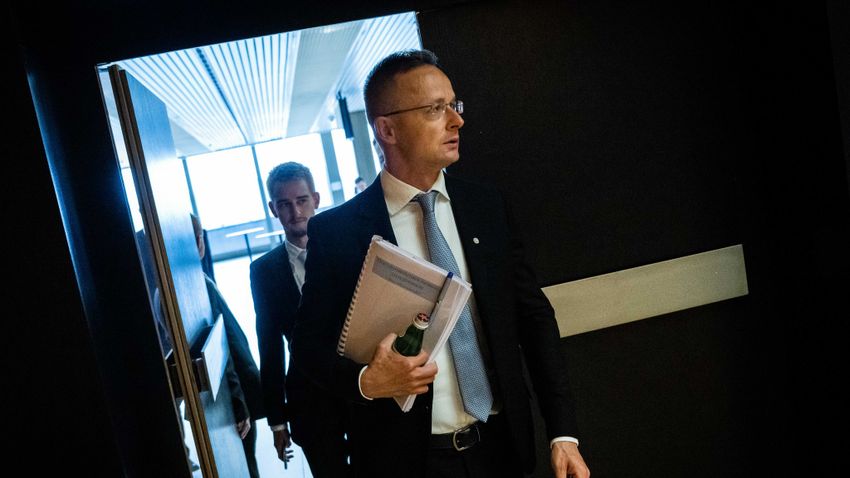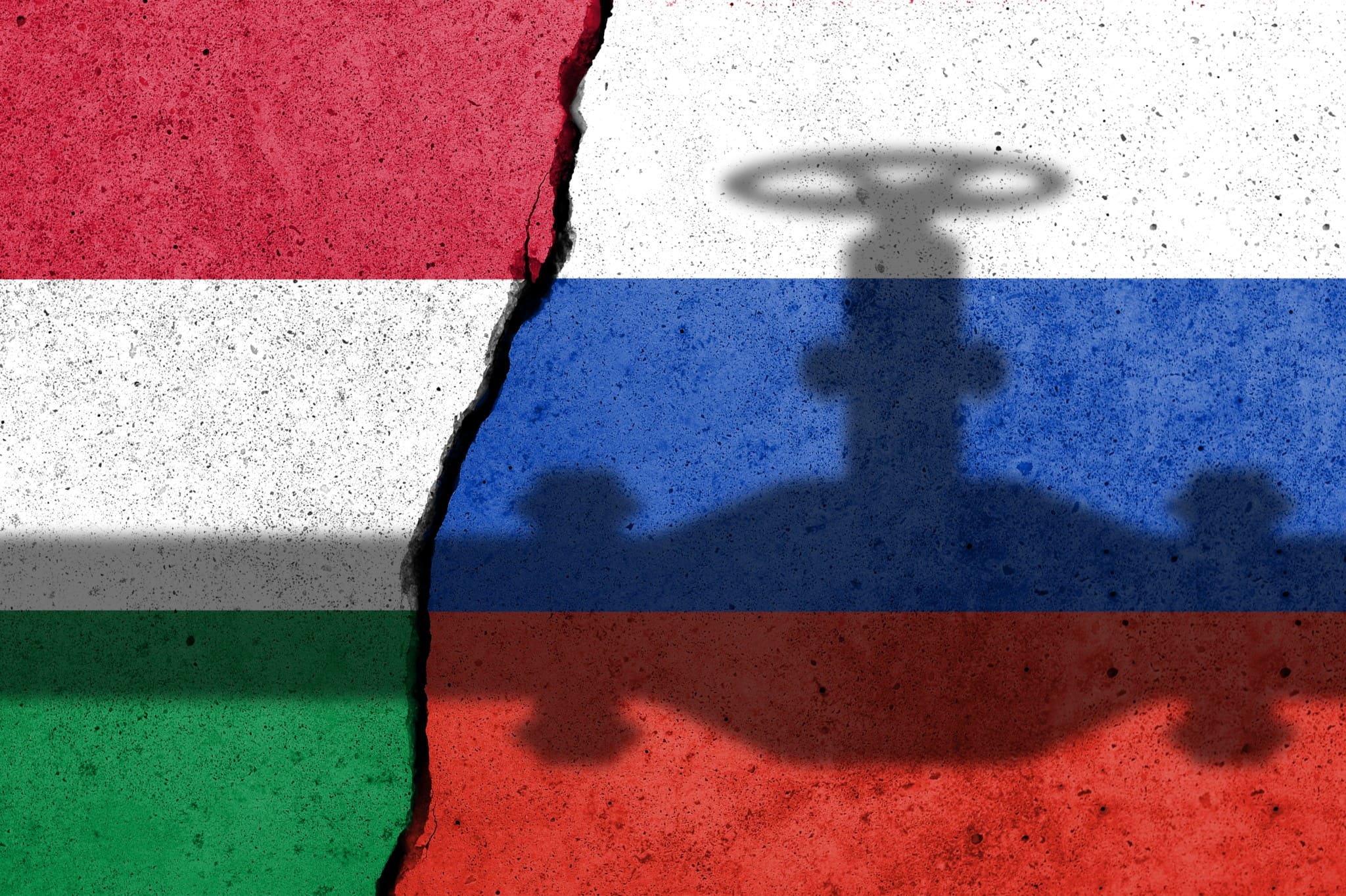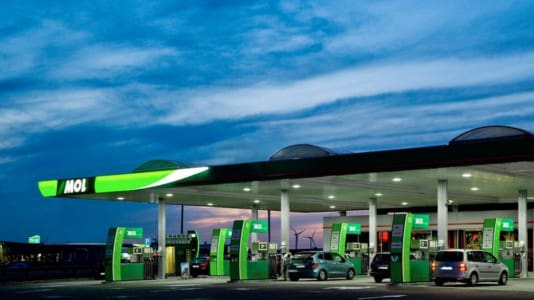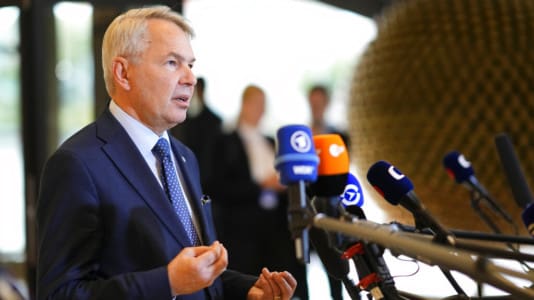In September and October, Gazprom will deliver a maximum of 5.8 million cubic meters more natural gas per day to Hungary via Serbia than the amount specified in the long-term contract, Minister of Foreign Affairs and Trade Péter Szijjártó announced on his Facebook page on Wednesday.
“The increased amount also contributes to the security of Hungary’s energy supply and to the fact that there is no need to introduce restrictions in the country due to a lack of natural gas,” he wrote, emphasizing that there will be enough natural gas in Hungary this coming winter.

Szijjártó logged in from Prague during a break at an informal meeting of the foreign ministers of the EU member states to announce that while in August the maximum amount of additional gas delivered above the long-term contract was 2.6 million cubic meters, this will be increased to a maximum of 5.8 million cubic meters per day starting Sept. 1.
[pp id=46771]
The news comes at a time when Europe is experiencing skyrocketing gas prices, which industry leaders and politicians have warned could produce major economic shocks in the coming winter, including layoffs, bankruptcies, and even civil unrest. Hungarian Prime Minister Viktor Orbán has decried the EU’s stance on sanctioning Russia, arguing that European households are the ones who suffer the most due to Europe’s actions. In July, Orbán said while describing the pan-European response to the Russian invasion of Ukraine that “at first I thought we just shot ourselves in the foot, but now it seems that the European economy shot itself in the lung, and that’s why it is now gasping for air.”
Although the extra amount of gas Hungary will procure from Russia is only one-quarter of average daily consumption in Hungary, it will still contribute to the country’s overall energy security goals.
Szijjártó also indicated that Hungary had signed the relevant contract with Gazprom, and indicated that the delivery of additional natural gas quantities depends on technical and technological issues.
[pp id=46671]
Szijjártó also wrote that Hungary is doing well in terms of gas reserves, which currently stand at more than 36.5 percent of annual consumption, compared to the EU average of 21.5 percent.
The head of the foreign ministry said the goal of the Hungarian government is to achieve maximum energy security and to ensure that the lack of natural gas does not cause economic difficulties, which is why the cabinet decided to procure the amount of natural gas above the contracted amounts, stated Szijjártó. He indicated that due to the geographical location of Hungary and the situation of the pipelines, it is impossible to ensure the country’s energy supply, as it is physically impossible without using and taking into account Russian gas sources.





